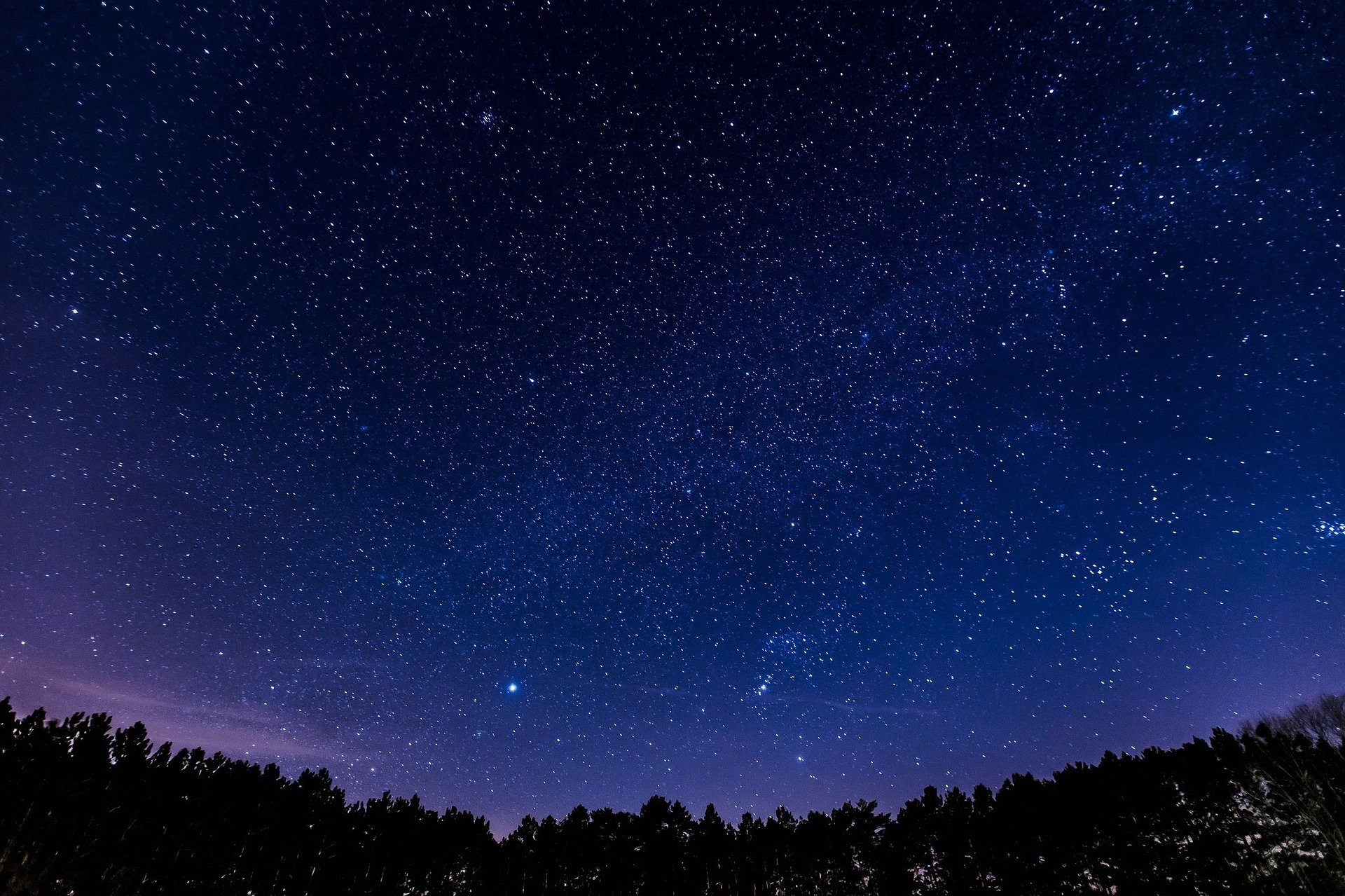Hi, I’m Sarah from Japan.
I watched the film “Supernova” starring Colin Firth and Stanley Tucci.
I was moved by it, and so I would like to write how I liked it.
Outline of Supernova
This is a story of two men, Sam(Colin Firth) and Tusker(Stanley Tucci), travelling in their camping car through beautiful nature, where they have visited before.
They have loved each other for a long time, but because Tusker has the illness of losing abilities to remember and recognise things, they are faced with the problem of how their lives will be led.
Not Act, But “React”
I didn’t feel like I was watching Sam and Tusker, but like I was watching the real Colin and Stanley.
While they acted according to the playwright in front of the camera, they seemed to react spontaneously to one another, other figures, and the events they encountered.
This was true especially when they were talking and laughing at a restaurant, when Sam noticed Tusker had gotten out of the car, and after Tusker forgot the name of Sam’s sister he smiled bitterly because it was considered a joke.
Although I don’t know exactly what Colin and Stanley are like, they made me believe that they really are like that.
Their Expression of Struggle
Colin said in an interview that Stanley expressed how a man tried to control his life, instead of showing how he suffered from the illness, and I thought it true while watching the film.
Of course we feel pain by watching those losing abilities or being depressed. However, we don’t sympathise-feel the pain is real-until we see Tusker able to think normally, communicate with others, and love Sam just as he had done before.
I think it is because trying to be normal is one of the principles of our behavior.
Colin said in another interview that, when one is drunk, one doesn’t try to be drunk; instead one tries not to be drunk.
Therefore Stanley’s performance looks so real, and so does Colin’s.
Obscurity and Implications
The story of the two men does not end at the end of the film. The biggest question through the story is not answered and the result of their trip is not shown clearly.
I have listened to another story read by Colin, and it says that a story has no beginning or an end; arbitrarily one chooses that moment of experience from which to look back, or from which to look ahead.
It seems that people who created the story of Supernova wanted to describe how Sam and Tusker love each other, so it doesn’t matter so much how their lives consequently become.
In this film, there are various things that are unclear, such as their conversation when Sam found Tusker with their dog. The silence Sam made after being asked whether Tusker was getting worse may be a part of this obscurity.
These implications can only be successfully communicated by talented actors like them.
Gaps Touch Us
I think it is the gaps that make this film so impressive: the gap between acting and reacting, between being ill and being normal, and between clarity of questions and unclear answers.
We get emotional when something is different from what it is expected or desired to be.
It is just like a supernova, a phenomenon in which stars become the brightest when they are the nearest to death.
Tusker’s attractiveness feels the most obvious and Sam’s love of him feels the strongest, when they see their “end.”


